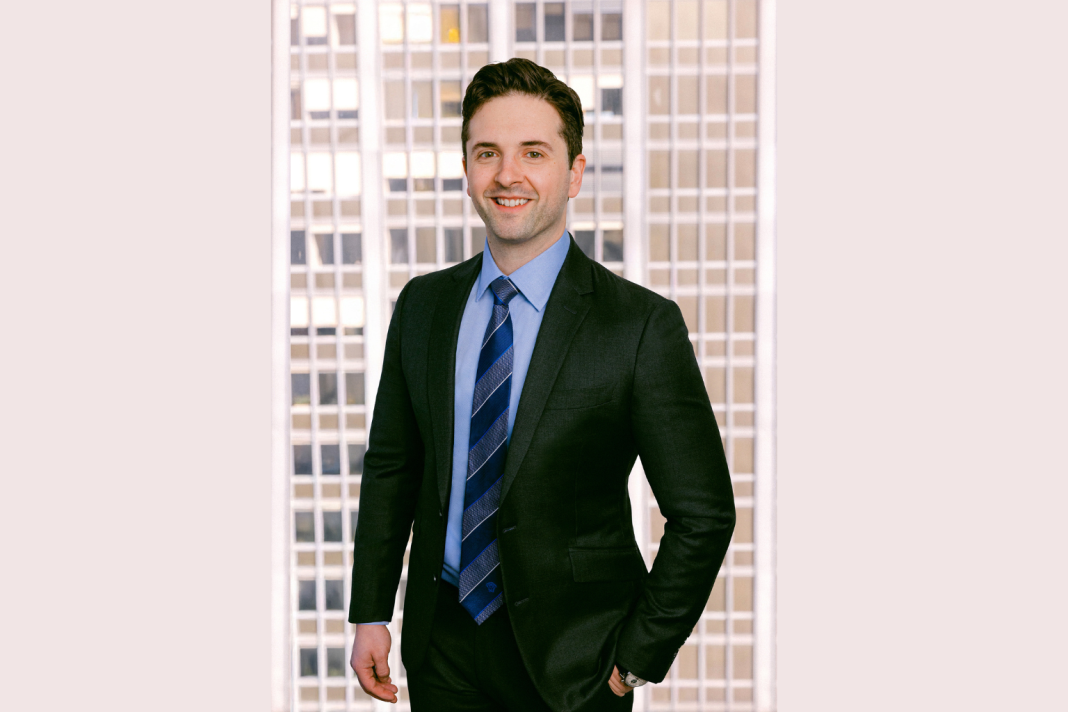No matter your background, becoming a lawyer is within your reach.
One law firm in New York City is making strides in recruiting individuals from more diverse backgrounds and providing opportunities to aspiring lawyers who grew up in less well-to-do circumstances.
The firm is Elsberg Baker & Maruri. It was founded in 2024 by a team of six attorneys with a long history together.
Jared Ruocco is one of the founding partners. He comes from a working class background and was the first in his family to go to college. He earned his J.D. fromColumbia University in New York City. He knows firsthand the challenges that ambitious, young lawyers face when trying to break into the industry.
Ruocco is an accomplished lawyer and has successfully litigated a wide array of commercial matters, including shareholder and corporate governance disputes, breach of fiduciary duty claims, “busted” M&A transactions, commercial contract disputes, fraud claims, business torts and employment disputes.
He is working to ensure that other aspiring lawyers from similar backgrounds are given the opportunities to succeed in the legal field. This is reflected in his firm’s recruiting and hiring practices, which aims to provide opportunities to individuals from atypical backgrounds — the same opportunities that were provided to him.
Here’s an excerpt from a conversation where Ruocco shares his advice for law students.
What advice do you have for 2L and 3L law students to secure a job post-grad?
Look for firms and employers who do work that really interests you. Academic performance and relevant experience are obviously important in the interviewing process, but firms and employers also want to bring in people who are passionate about the work. Our firm does trial work and litigation exclusively. So, we’re always interested in hearing “why” candidates wanted to get into trial or litigation practice. Some people say they’ve wanted to be a trial lawyer since they were in the third grade; others say they were enamored after seeing a trial during their clerkship. But the most successful applicants have both exceptional academic performance and express genuine excitement about doing the work we do.
What was your job search process? How did you prepare and secure a job?
When I was in law school, we still did the traditional on-campus interview process during the summer between our 1L and 2L years. So, we all ranked the firms we were interested in and interviewed with them over four days at a hotel in midtown Manhattan. I knew I wanted to be a trial lawyer, so I researched the top firms for their trial and litigation practice and once I had my interviews scheduled, I did more research on the lawyers from those firms I was meeting with. Fortunately, I already knew my now partner, David Elsberg, who was a partner at Quinn Emanuel at the time. So, that helped me get a more in-depth understanding of what it would be like to work there beyond what I could learn from general research, and I ultimately ended up there after law school.
What advice do you have for law students considering government jobs that may not be so plentiful due to the new administration?
Look for other career paths that offer similar opportunities and training to what drew you to government in the first place. Many people want to enter government because they are interested in litigation and trial work. That’s especially true for people who want to become federal prosecutors or other types of enforcement lawyers. Law firms, like ours, offer litigation experience for young attorneys similar to what is available in the federal government. We’ve received many applications from people who had planned to go into government for exactly that reason. Though it may continue to be challenging to get a job with the federal government, private practice offers many similar opportunities to build your skills and set yourself up for long term success.

